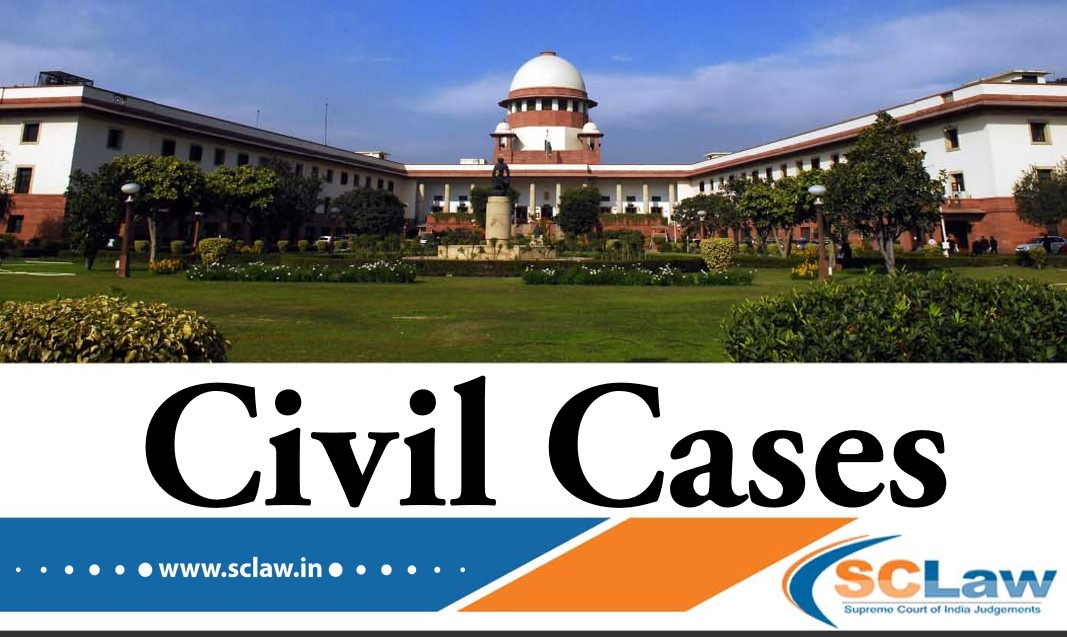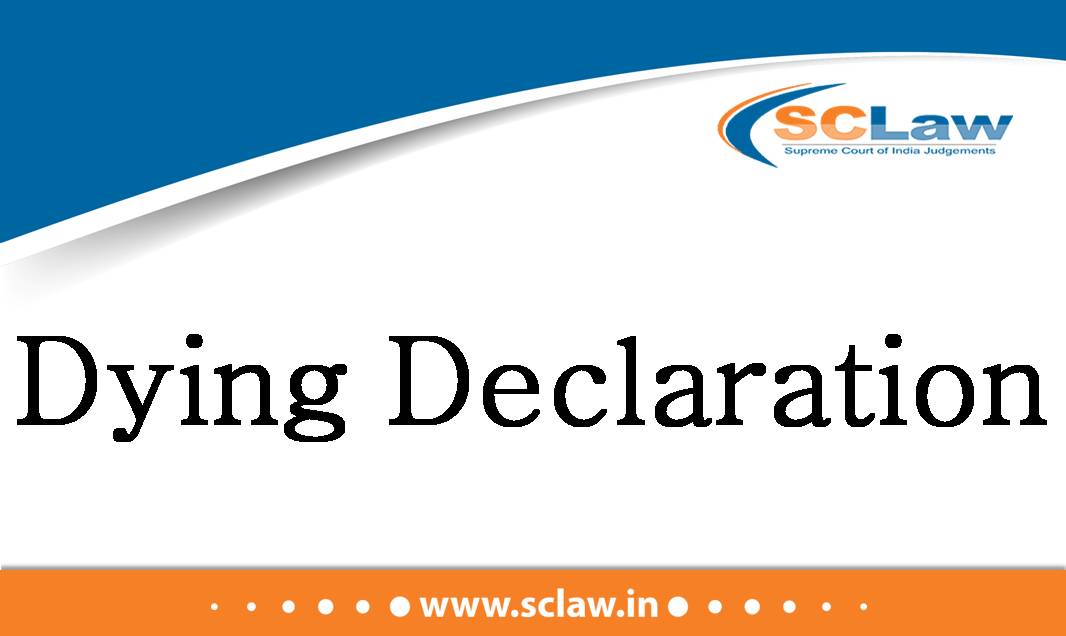Discharge–Section 227 in the new Code confers special power on the Judge to discharge an accused at the threshold if upon consideration of the records and documents, he find that “there is not sufficient ground” for proceeding against the accused.
2010(1) LAW HERALD (SC) 578 IN THE SUPREME COURT OF INDIA Before The Hon’ble Mr. Justice P. Sathasivam The Hon’ble Mr. Justice H.L. Dattu Criminal Appeal No. 192 of 2010…







